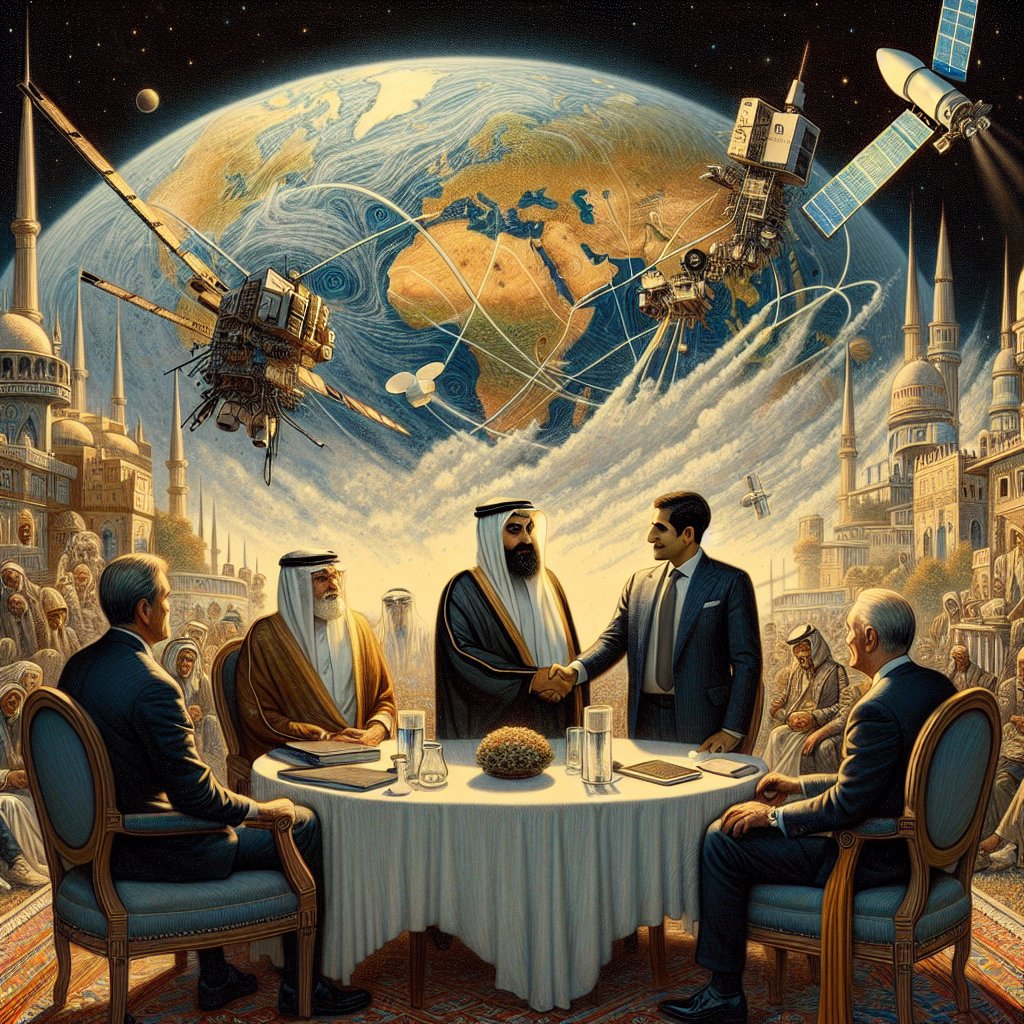Image: AI generated for illustration purposes
Elon Musk's Israel Visit Aims to Ease Tensions and Expand Starlink's Global Reach
In a bold move to reconcile after a wave of criticism over his recent political missteps, Elon Musk has taken a diplomatic turn towards Israel. The high-profile visit, amidst the storm caused by allegations of endorsing antisemitic content on his widely used social media platform X, serves a crucial purpose. It represents both an attempt at repairing relations and an opportunity for SpaceX's Starlink to establish a pivotal foothold in the region.
Once shunned by corporations like Apple Inc. and Walt Disney Co., who suspended their advertising on X to protest the platform's tolerance of hateful rhetoric, Musk pivoted to face-to-face engagement with influential global figures, thus illustrating how technology and tumult can intersect. His discussions in Israel with Prime Minister Benjamin Netanyahu and negotiations with Communications Minister Shlomo Karhi hint at a prospective deal for Starlink to operate in the country, contingent on local regulatory approval.
As per Karhi's tweet, the potential agreement underscores the strategic importance of Starlink in Israel's connectivity landscape — a country that is no stranger to conflict and the imperative need for stable communication channels. Starlink's considerable capabilities were made even more evident when Musk proposed to offer internet services to Gaza last month. Although the offer was initially snubbed amid fears of exploitation by Hamas, the recent developments suggest a reconsideration under stringent operational controls.
Musk's stance as a self-proclaimed free-speech purist often lands him in controversy. The cleave deepened with a corroborated antisemitic post, which led to advertiser withdrawals and substantial revenue impact for X. This incident underscored the complexities of navigating the interplay between free speech and responsibleness on global platforms.
On the technology front, Starlink’s rapidly expanding constellation of over 4,500 satellites — more than half of the world’s active satellites — is redefining internet access globally. It has made significant inroads in Ukraine where it played a controversial yet critical role during the ongoing conflict, suggesting parallels to the prospective use of the system in the Israeli-Hamas war theater.
Musk's broader political engagements and expressed viewpoints — from his business ties with China to controversial comments about Taiwan and Crimea — reflect the intricate space where the business operations of influential figures like Musk wrestle with geopolitical tensions.
Despite the pushback, Musk has shown an acute awareness of the political landscape by attempting to clear the air with Israel and curb antisemitism on X. His encounter with Netanyahu, including the public broadcast on X, and his statement denouncing hate and conflict suggest a roadmap for a more regulated and thoughtful approach to handling sensitive content.
As pivotal as his technology, so is his ability to navigate the precarious tightrope of international relations. It stands to reason that Musk's ambitions with Starlink and his media holdings put him at the heart of global conversations, where his personal beliefs must continually balance against his overpowering societal and technological influence.
The shifting sands of Musk's role as a tech tycoon and his latest turn as an informal diplomat in Israel leave the world watching and waiting, speculating on the outcomes of these satellite discussions and their repercussions for the future of global connectivity and geopolitics.










